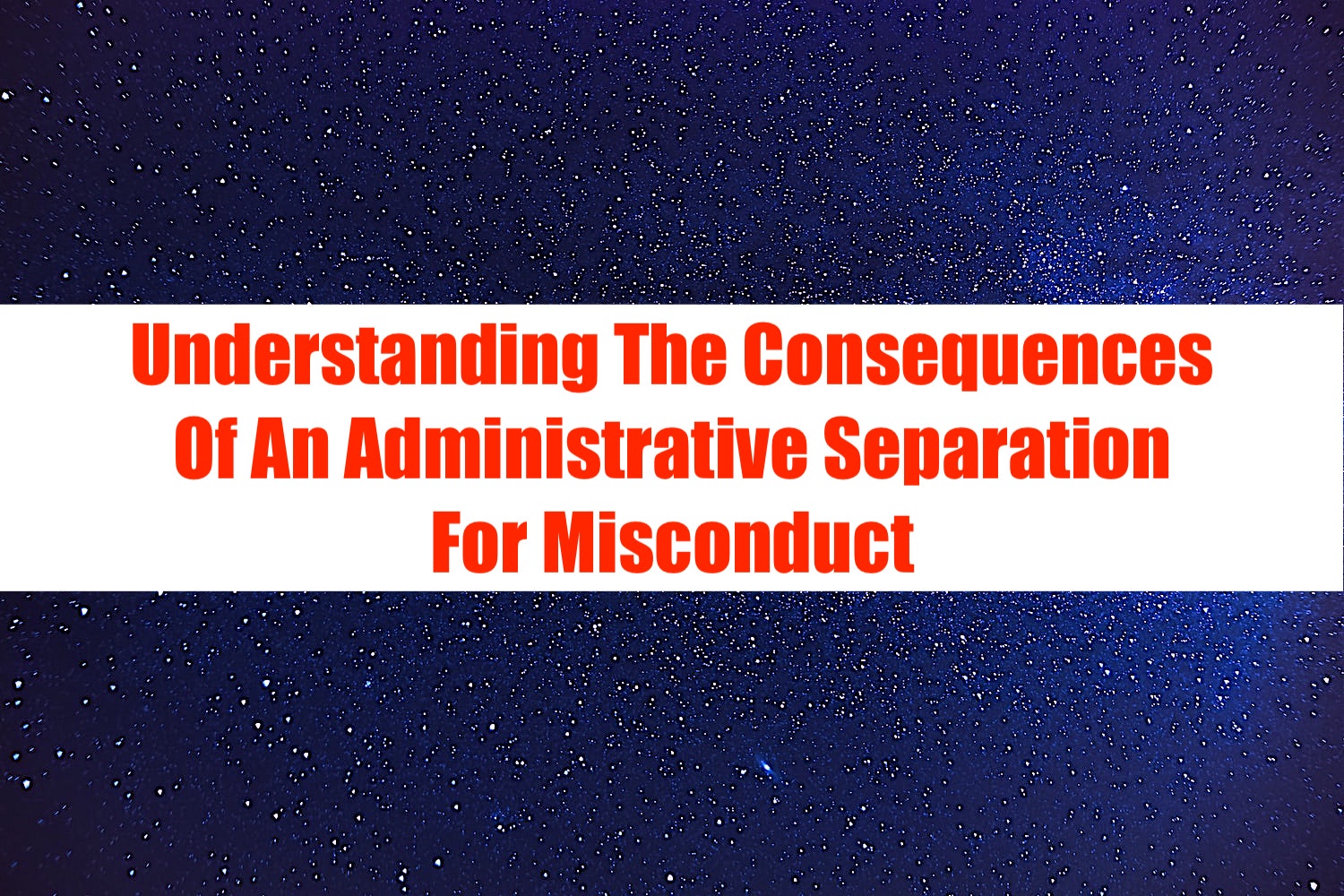Military Rule of Evidence (M.R.E.) 412
In the world of military sexual assault defense, defense counsel need a keen understanding of Military Rule of Evidence 412. It is vital. Known often as the “Rape Shield” law, generally the rule is used to prevent evidence of an alleged victim’s prior sexual history or predisposition from coming into evidence. The protection is meant to preclude a defense along the lines that if an alleged victim is not chaste or pure, then the alleged victim is incapable of being assaulted.
Exceptions to the Rule
One of the largest exceptions of this general rule of prohibition is conduct between the alleged perpetrator and the alleged victim, and until fairly recently, it was generally understood to include behavior that leads up to the alleged assault but not after. As an Air Force service court outlines, however, there is logical and legal relevance to post-incident behavior.
Post-Incident Contact is Now Fair Game
According to the Air Force Court of Criminal Appeals, post-incident conduct is relevant to prove that the alleged assault was consensual and / or that the complainant believed it to be consensual. United States v. Leonhardt, 76 M.J. 821 (A.F.C.C.A. 2017) (military judge erred in excluding post-alleged assault sexual activity between complainant and accused when he applied an erroneous standard and when he made a credibility determination).
The A.F.C.C.A. held in Leonhardt that “willingness to engage in consensual sexual activity has some tendency to indicate that recent prior sexual encounters between two individuals were also consensual. See United States v. Sousa, 72 M.J. 643, 648 (A.F. Ct. Crim. App. 2013) (“Evidence that engaged in consensual sexual activity with the appellant after the date she alleged she was forcibly sodomized was constitutionally required to be admitted on the issue of consent . . . .”); United States v. Leak, 58 M.J. 869, 876-77 (A. Ct. Crim. App. 2003), rev’d on other grounds, 61 M.J. 234 (C.A.A.F. 2004); United States v. Parker, 54 M.J. 700, 708 (A. Ct. Crim. App. 2001).” Idat 827.
Need to Understand the Rules to Leverage Advantage
For would be servicemembers who stand accused of sexual assault and for military justice practitioners in the field, please be mindful that post-incident behavior may be admissible. Ensure that you keep current on this issue and be mindful that not all practitioners understand the rules so as to leverage all possible avenues of defense. The International Association of Military Defense Lawyers (IAMDL) is dedicated to keeping military defense counsel current and ready. They also are equipped to help connect potential clients with qualified counsel.
You Might Also Like These Articles




